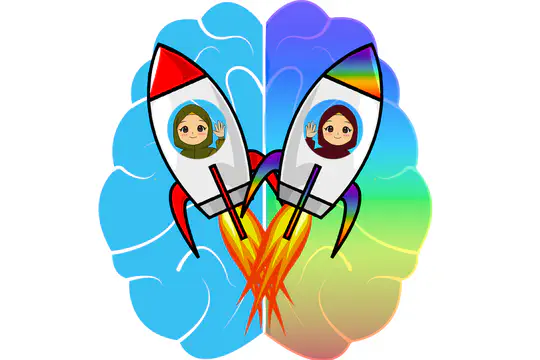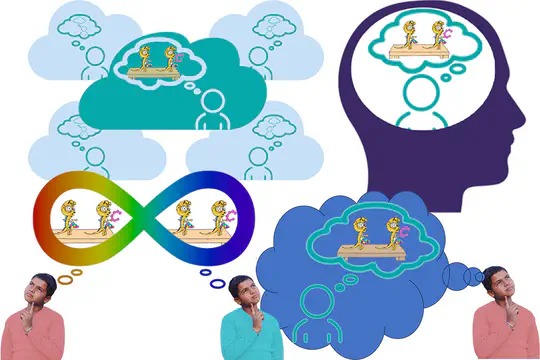Katherine Marie Trice, M.A.
PhD Student, Psychology Department
Language Acquisition and Brain Lab (QLAB)
Northeastern University Psychology Department
Biography
Katherine Trice is a PhD student in Northeastern University’s Psychology Department. Her research interests focus on the cognitive and neural mechanisms underpinning language learning, in both typical and atypical development. Katherine has extensive neuroimaging experience in both MRI and EEG settings, and has implemented online behavioral metrics such as eye-tracking. She works with a wide variety of populations, including autistic and neurotypical children and adults as well as Deaf adults.
- Human Development
- Language Learning
- Autism
- Cognitive Neuroscience
PhD in Psychology, Anticipated May 2026
Northeastern University
Bachelor of Arts degree in Linguistics, Minor in American Sign Language, 2020
University of Rochester
TEFL/TESOL Basic Certification, 2019
BridgeTEFL
Skills
Familiar with Fitlins, QSIPrep, pyAFQ, CONN, SPM12. Can analyze structural connectivity, fMRI, and MVPA.
Familiar with EEGLAB, HAPPE, ERPLAB. Can analyze event-related potential, frequency power and oscillations, and micro-states.
Proficient in Python Programming and R, familiar with Bash, Matlab, and Web Design.
Familiar with use and implementation of OSF, GitHub, BIDS, Docker, Pre-Registration, and other similar systems.
Lead teams of motivated research assistants (5-7 per team) and implement projects from design to analysis.
Have presented talks at peer reviewed conferences, written grant proposals, and prepared manuscripts for publications.
Experience teaching small classes, lab classes, lectures, and workshops.
Supervise award-winning undergraduates on independent projects.
Projects



Publications
Past & Upcoming Conference Presentations
Contact
Message me at any time. I would love to talk!

